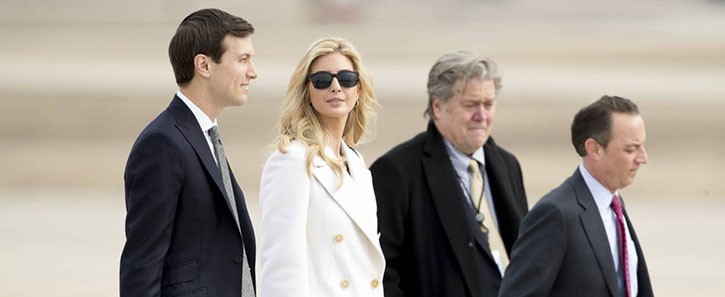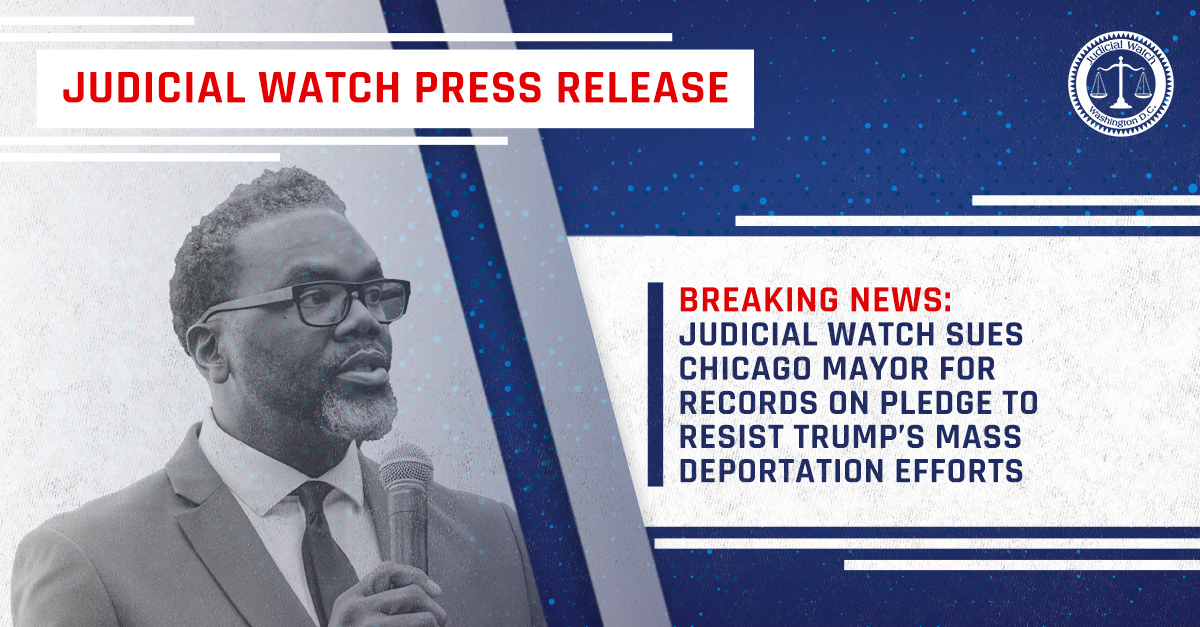

The Kushner Connection


The Russian connection story took another twist Friday with a bombshell Washington Post story that Jared Kushner sought a secret communications channel with the Kremlin. In a Trump Tower meeting with the Russian ambassador in early December, Mr. Kushner, Donald Trump’s son-in-law and a senior aide, proposed using Russian diplomatic facilities for secure communications, the Post reported. Michael Flynn—soon to be President Trump’s first national security adviser—attended the meeting.
Some might call this an overture to espionage. Need we add that if it had been government employee Jared Jones, he would have been picked up in the dead of night, stripped of his security clearance and grilled by the FBI? But this Jared, of course, is the husband of the president’s favorite child. So we sail again into uncharted waters.
No one knows where this incredible story is heading. Are we in a Pink Panther movie or Whittaker Chambers territory? Is it a comedy of errors—a tale of a dumb-but-not-criminal actions in the heat of a historic presidential race—or a tragedy of spycraft and treason? Is the president a victim of an organized “deep state” campaign of leaks and smears to do him in? Or did he collude with agents of the Kremlin to undermine American democracy and then cover it up? The director of the FBI (Comey) is out and a special counsel (Mueller) is in. And now, with the Kushner connection, the probe moves toward the president’s innermost circle.
The administration spins Mr. Kushner’s overture to Moscow as no big deal. “It’s both normal, in my opinion, and acceptable,” Homeland Security Secretary John Kelly told ABC. Uh, sure. Mr. Mueller is certain to be taking a look at the meeting within a broader context. And that’s where Mr. Kushner could be headed for trouble.
The Washington Post wasn’t the only outlet making news on Friday. Reuters reported that Mr. Kushner had “at least three previously undisclosed contacts with the Russian ambassador” and that “there were at least 18 undisclosed calls and emails between Trump associates and Kremlin-linked people in the seven months before the Nov. 8 presidential election.” The report noted “multiple contacts” between Mr. Kushner and the Russian ambassador, many involving Mr. Flynn.
Mr. Flynn resigned as national security adviser in February following disclosures that he misled the vice president about his contacts with the Russian ambassador. He had been pushed out as director of the Defense Intelligence Agency in 2014 after complaints about a harsh management style and combative relations with the intelligence community. In 2015, as a consultant, Mr. Flynn was paid over $65,000 by companies linked to Russia. In 2016, bitter about his treatment by the Obama administration, he was a fierce critic of Mrs. Clinton on the campaign trail and an influential Trump surrogate.
For the White House, the most troublesome of the Kushner contacts is a December meeting with Sergey Gorkov, the head of Vnesheconombank, or VEB. Mr. Gorkov is no ordinary banker and VEB is no ordinary bank. VEB is an arm of Russian policy and Mr. Gorkov is a trained intelligence agent, a graduate of the Academy of the Federal Security Service of Russia—the Kremlin’s spy school. The New York Times noted that VEB is “controlled by members of Mr. Putin’s government,” has “long been intertwined with Mr. Putin’s inner circle,” and has bailed out oligarchs close to the Kremlin ruler. American businesses were banned from doing business with VEB when it was placed on a U.S. sanctions list following Russia’s annexation of Crimea. In March 2016, a top VEB executive in New York took a plea deal for spying in the U.S. and was sentenced to thirty months in prison. He was released from prison early and deported in April.
A VEB deal involving links to a Trump hotel project in Canada illustrates Mr. Putin’s financial reach. In 2007, Mr. Trump and Russian-Canadian developer Alexander Shnaider launched the Trump International Hotel & Tower in Toronto, a project estimated to cost about 500 million Canadian dollars. By 2010, Trump Toronto was in trouble. According to a report in the Wall Street Journal, VEB bailed out the project through the secret purchase of Mr. Shnaider’s share of a Ukrainian steelmaker for $850 million. Mr. Shnaider then injected more money into the Trump project. At the time of the VEB deal, the Journal noted, Mr. Putin was “chairman of the bank’s supervisory board, and major deals would have been approved by him.”
The Journal report suggests that the Kremlin was mostly interested in the Ukrainian steel, not in helping Mr. Trump. But the deal demonstrates Mr. Putin’s ability to reach into Mr. Trump’s pocket. And who knows what lessons Mr. Trump may have drawn from the episode.
By December 2016, Mr. Kushner had troubles of his own. His flagship Kushner Companies property at 666 Fifth Avenue in New York had been bleeding money for years and it was getting worse. In 2007, Mr. Kushner, then 25, had paid $1.8 billion for the property—too much, in the view New York real estate industry mavens, and on the eve of a steep dive in the market. The property had never turned a profit. By 2016, escalating fees and interest payments on the deal were kicking in and the bulk of a $1.2 billion mortgage would soon come due. At the time of the VEB meeting, Mr. Kushner also was secretly pursuing a $4 billion development deal with the Anbang Insurance Group—a Chinese company linked to princelings of the Chinese Communist Party—that held the possibility of ending his problems with the Fifth Avenue project.
Mr. Kushner sold his stake in the family real estate business to a family trust in January. White House officials have said Mr. Kushner did not know that VEB was under sanctions and did not discuss Kushner Companies business with Mr. Gorkov. A statement from VEB said that during 2016, the bank’s executives met with “a number of representatives of the largest banks and business establishments of the United States, including Jared Kushner, the head of Kushner Companies.” No word from VEB on where and when those other meetings took place. The Anbang deal fell apart in early 2017 after the New York Times reported on the China connection and Congress raised concerns.
So, to recap: while a critical business deal was drowning in debt, the president’s son-in-law asked the Russian ambassador for a secret channel to the Kremlin, met with a powerful Putin-linked banker, and sought $4 billion from Chinese financiers connected to high Communist Party circles in Beijing. This same son-in-law coordinated his Russia contacts with the incoming national security adviser, an important Trump campaign surrogate who was furious at being fired by the previous president and at war with the U.S. intelligence community, who himself took money from the Russians, and who soon would be fired for lying about his contacts with the Russian ambassador.
***
Micah Morrison is chief investigative reporter for Judicial Watch. Follow him on Twitter @micah_morrison. Tips: [email protected]
Investigative Bulletin is published weekly by Judicial Watch. Reprints and media inquiries: [email protected].















